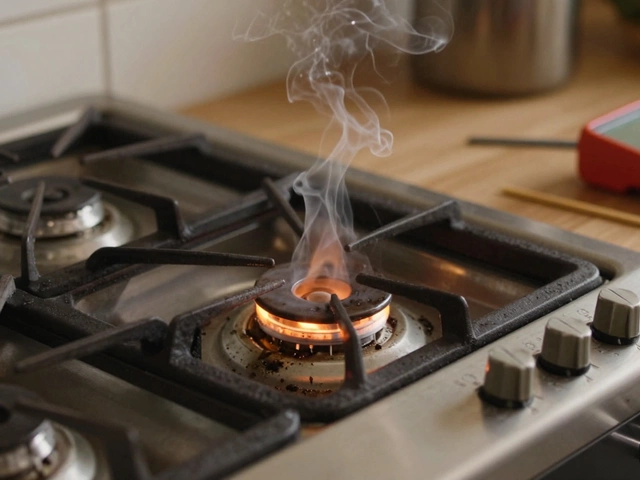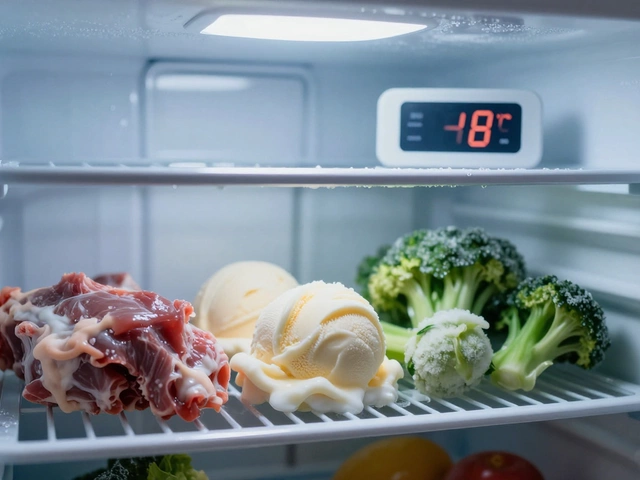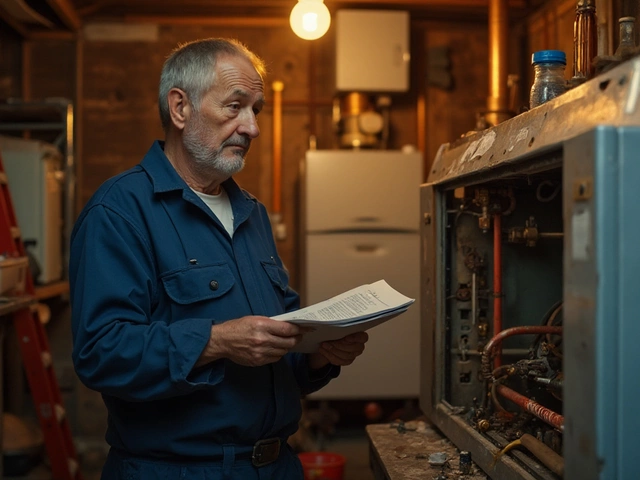Can Gas Ovens Be Repaired? What You Need to Know Before Calling a Pro
January 5 2026Home Repair Tips: Simple Fixes for Everyday Household Problems
Ever feel like your home is trying to surprise you with a broken oven, a noisy fan, or a boiler that’s acting up? You don’t need to call a pro for every little hiccup. With the right know‑how, many issues can be tackled in an hour or less, saving you time and money.
Common Appliance Issues and Quick Solutions
Appliances are the workhorses of any house, but they wear out. A kitchen extractor fan that’s losing suction often just needs a filter clean‑out or a fan blade check. Turn off the power, remove the filter, soak it in warm soapy water, and wipe the blades. If the fan still hums without moving air, the motor may be overheating – try a quick reset by switching the breaker off for a minute.
Ovens are another frequent culprit. If the heating element looks blackened or cracked, replace it rather than swapping the whole oven. Elements are cheap, and swapping them is as simple as unplugging the oven, removing the old element, and screwing in the new one. Before you start, make sure the oven is cool and the power is off.
Freezers that keep making strange noises usually have a worn fan or a buildup of frost around the evaporator. Defrost the unit, clean the fan, and tighten any loose screws. If the problem persists, a professional diagnosis might be needed, but most of the time a good cleaning does the trick.
Water heaters often get clogged with sediment. Flushing the tank once a year can extend its life dramatically. Attach a garden hose to the drain valve, open the valve, and let the water run until it’s clear. Close the valve, fill the tank, and you’re done. This simple step prevents rust and keeps heating efficiency high.
Keeping Your Heating and Plumbing Running Smoothly
Boilers are the backbone of UK homes, and a neglected boiler can cause high bills or even safety hazards. Schedule a service every year – a professional will check the pressure, clean the heat exchanger, and test the safety devices. If you notice a sudden loss of pressure, look for leaks around radiators or the pipework and top up the system using the filling loop.
When a shower gives you cold water while the sink stays hot, the problem often lies with the mixing valve. It’s a small cartridge that can get stuck with limescale. Turn off the water, remove the valve, soak it in vinegar for an hour, rinse, and reinstall. You’ll usually get balanced temperatures again.
Electric hobs that won’t heat often have a faulty heating element or a broken control board. Test each element with a multimeter – zero resistance means it’s good; infinite resistance means replace. If the board is the issue, it’s safer to call an electrician because you’re dealing with mains voltage.
Finally, don’t overlook the power of regular maintenance. Wipe down fan grilles, clear dust from vent pipes, and keep filters clean. A few minutes each month can stop a lot of breakdowns before they start.
Bottom line: you don’t need a toolbox the size of a garage to keep your home running. Identify the problem, follow a simple step‑by‑step fix, and know when it’s time to call a certified engineer. With these home repair tips, you’ll feel more confident, avoid costly emergencies, and enjoy a smoother‑running house.
 20 Jun
20 Jun
Dishwasher Repair or Replacement: How to Know What Your Kitchen Really Needs
Stuck between fixing or ditching your worn-out dishwasher? This article breaks down telltale signs that point to either repair or replacement, saving you money and stress. Get practical advice for spotting major issues, plus learn how age and performance play into your decision. Discover smart troubleshooting steps before calling in the pros. Keep your kitchen running smoothly with the right call for your dishwasher.
Read More...



